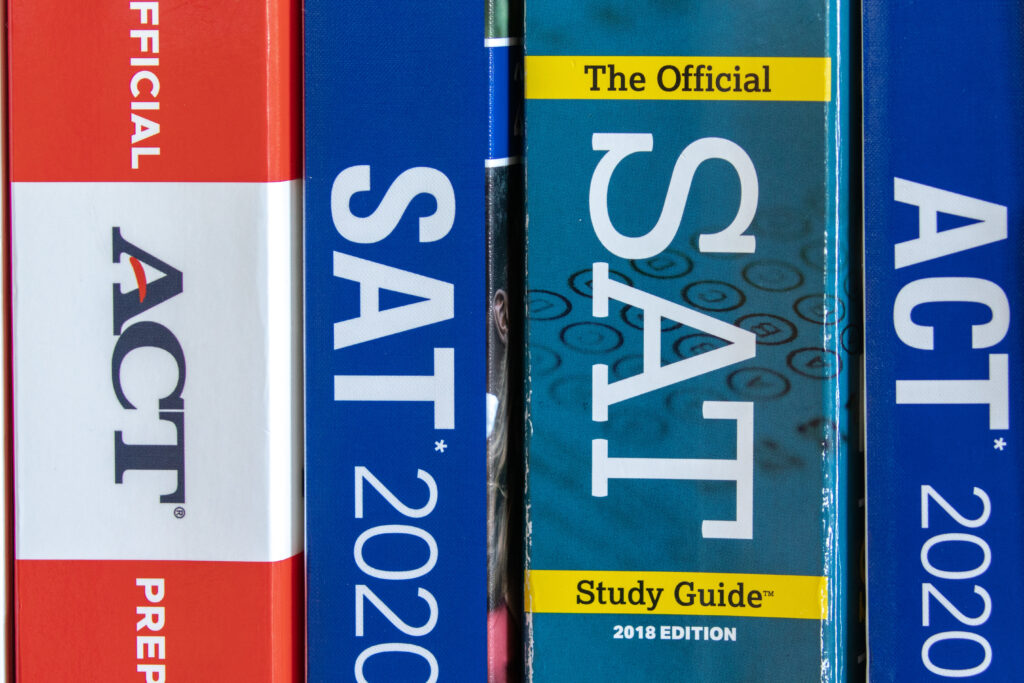When COVID-19 hit America, changes were made in our education system, one of which was colleges shifting to test-optional policies in their admissions. These policies meant students now had the choice to submit their SAT or ACT scores to a university. Previously, many schools had required these scores. It was a necessary change because of the pandemic since taking the SAT or ACT was either impossible or difficult for many students. However, now that the pandemic has ended, the policies are no longer needed and serve as a detriment to the college admissions process.
A major argument for test-optional policies is that tests like the SAT and ACT are too dependent on the socioeconomic status of a student. However, tests like the SAT and ACT have actually proven to be an equalizer throughout a college admissions process that can be unfair for those of a lower socioeconomic status. For example, the extracurriculars and hyper-personalized recommendation letters that some students use to pad their applications are typically more available in better-funded schools in wealthier areas. “SAT and ACT scores are the college admissions factors that are least skewed in favor of wealthy students compared to nonacademic factors such as high school counselor recommendations, taking advanced classes, and participating in expensive extracurricular activities,” according to an article in the Daily Princetonian.
Since tests are optional at many higher education institutions, more lower-income students are opting out, a decision that has had negative effects on the admissions process; including the steep rise in average scores at universities. “While the percentage of low-income test-takers has radically fallen off, the opposite is true for wealthy students: In 2022, 57 percent of test-takers who reported their families’ earnings were from households earning $83,766 or more,” the Hechinger Report said.
Additionally, test-optional policies have made the ‘average’ scores for universities rise, with only students who get extremely high scores submitting their results. This phenomenon only benefits the universities themselves, who then get to promote their impressive yet unrealistic data sets, along with lower-than-ever acceptance rates. As test-optional admission policies have expanded, admission rates have also dropped, with a higher number of applicants in top schools around the country. As an example, in the top 20 ranked universities, the average acceptance rate in the 2022-2023 year was only 6.44%. “Since 2019, college admittance is more competitive now than ever. Students with access to college counselors and test tutors (read: wealthier students) know this, and many are still using ACT and SAT exams to stand out,” the Hechinger Report wrote.
Lastly, standardized tests are some of the best ways a college can measure a student’s potential to succeed, making them a necessary fixture for the admissions process. In a paper by Harvard and Brown University professors, they found that “while high school GPA poorly demonstrates a student’s college performance, SAT reflects this metric independent of the individual’s socioeconomic class.”








